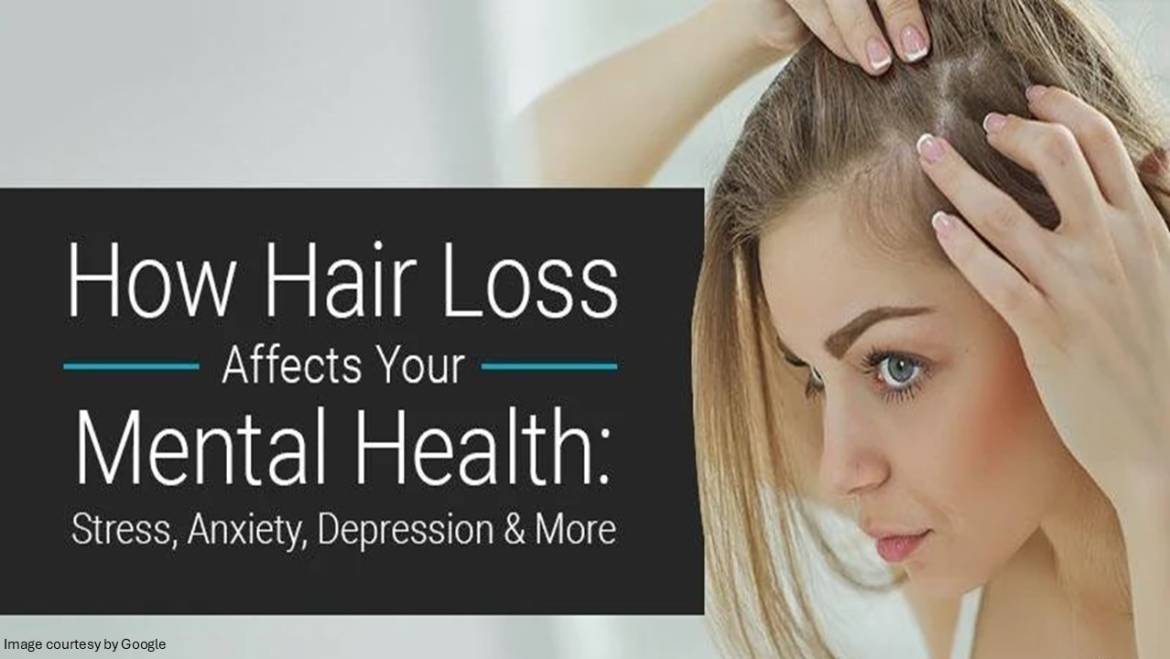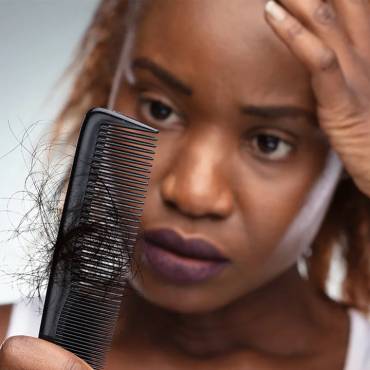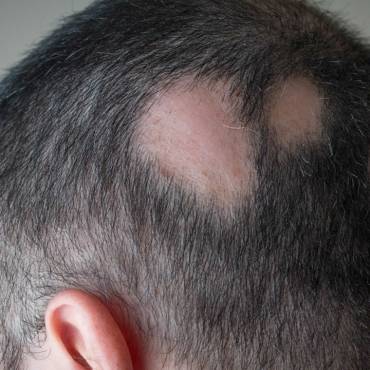Experiencing hair loss in your 20s is not abnormal nowadays, but many people still find it surprising and distressing. Today’s lifestyle has led both men and women to recognise that hair loss in the 20s has become a common concern. There are many cases of hair loss affecting confidence and hampering the mental health of people in their 20s and 30s. It is not that hair loss means the charm of life is gone, but the more important thing is to cope with hair loss. Identify the causes of hair loss in early 20s, look for the correct remedies, boost your confidence and live a life free from such concerns. Here’s a brief analysis of the potential causes of hair loss in younger individuals, along with possible solutions to consider and important steps to take for managing the emotional impact, maintaining good mental health, and improving self-image.
Possible causes of hair loss in your 20s
Typically, hair loss begins during or after the 40s, affecting both men and women. However, hair loss in your 20s is not new; rather, there are several causes of male/female pattern baldness (androgenetic alopecia), such as:
-
- Stress or illness (telogen effluvium)
- Poor living condition
- Hormonal disorder
- Nutritional deficiencies that include deficiency of iron, vitamin D, A and B12 in the body
- Thyroid disorders
- Hereditary factors
- Weak immunity and lack of autoimmune conditions (e.g., alopecia areata)
Deal with hair loss and mental health
Hair loss after a certain age does not make you feel embarrassed or uncomfortable, but if it occurs at in early age, it brings some emotional implications. In this regard, you have to address the emotional impact. Some people experience that hair loss and mental health are closely interlinked as this problem can affect their self-esteem. Such people should acknowledge their feelings and avoid frustration, embarrassment and depression. They should embrace the condition openly and discuss it with their family members and friends to help them cope with hair loss effectively. People experiencing hair loss in early 20s can also join some online communities or forums to receive emotional support and medical advice on how to manage the condition better. There are many qualified dermatologists available on such forums to help you out at minimum cost.

Consider some approved medications to prevent early hair loss
Early medical treatment for hair loss makes it easier to manage the condition. There are various FDA-approved medications available for men and women to treat pattern baldness and excessive hair loss. For example, Minoxidil (Rogaine) is one such topical solution that can stimulate hair growth. Finasteride (Propecia) oral pills also promise to slow hair loss and protect natural hair follicles. Other treatments are also available for exploration, including Platelet-Rich Plasma (PRP), which promotes blood circulation throughout the scalp. Low-level laser therapy (LLLT) and laser caps or combs are used to stimulate hair growth on the affected areas of the scalp. Microneedling therapy is used in combination with Minoxidil to stimulate follicles and prevent hair loss in 20s or early stages of ageing.
Styling and grooming tips to manage hair loss
Taking care of your hair follicles is a crucial factor in preventing hair fall and avoiding pattern baldness. Keep your hair length short, as it helps you gain thick and shiny hair follicles. Use natural or herbal substances to clean your hair, avoiding harsh chemical materials that can harm hair roots and the scalp. Shaving the head can also be helpful in coping with hair loss in the early 20s and 30s. Additionally, apply natural oils to massage the head and scalp regularly to strengthen hair follicles.
Work on lifestyle to deal with hair loss or baldness
Healthy hair resides in a healthy body, so adopt a healthy lifestyle and put your efforts into making your body fit and fine. Since hair loss and mental health are strongly interrelated, you have to reduce stress, adopt meditation and do some physical exercises to improve your mental health. Take healthy and nutritious food items rich in Vitamin-A, protein, iron, zinc, folic acid and omega-3 fatty acids to support hair growth. Treat your hair delicately, as tight hairstyles, the application of a heat blower, and chemical products can contribute to hair loss in the early 20s. Choose your hair loss medications wisely, considering their qualitative outcome. Remember that any hair loss affecting confidence is just a myth, so keep yourself stress-free and try to live your life as you are blessed.



